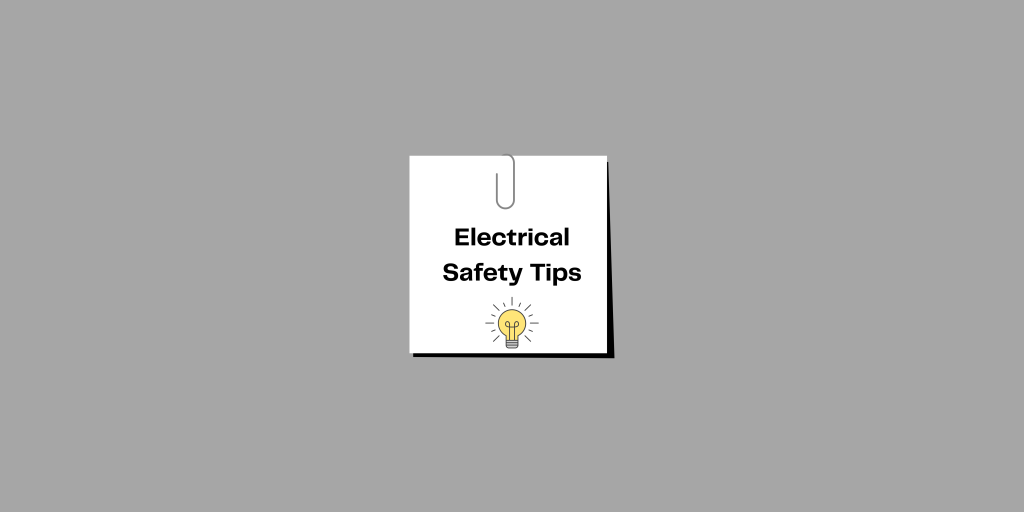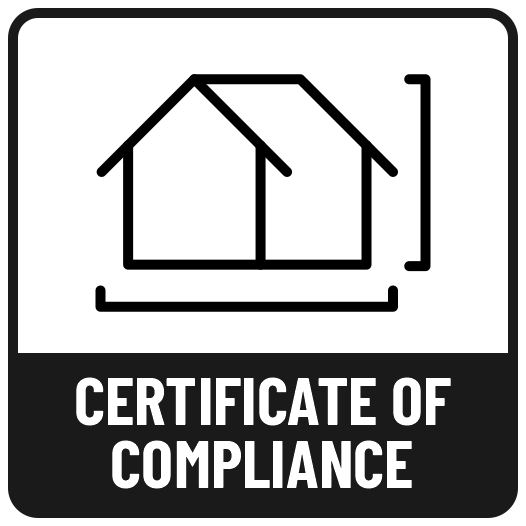Electricity is a vital part of every South African home, powering everything from lights to appliances and security systems. But it can also be dangerous if not handled properly. Each year, countless house fires, injuries, and even fatalities are caused by electrical faults, many of which could have been prevented with a little awareness and precaution. Electrical Safety is key!

1. Never Overload Power Outlets
Overloading a plug point by using too many appliances at once is a common mistake that can cause overheating, electrical fires, or damage to your devices.
Tip:
-
Use surge power protector plugs
-
Never plug one multi-plug into another
-
Don’t exceed the recommended amperage for the circuit
Signs of overload risk:
-
Warm or discolored wall sockets
-
Frequent tripping of circuit breakers
-
Flickering lights when multiple devices are used
2. Hire a Qualified Electrician for Repairs and Installations
DIY electrical work is not only illegal in many cases it can also be extremely dangerous. South African law requires that all electrical work be done by a registered electrician and backed by a valid Certificate of Compliance (COC).
Why it matters:
-
Protects your family from shock or fire
-
Ensures your insurance remains valid
-
Ensures property resale is smooth and legal
3. Keep Electricity and Water Apart
Water is a powerful conductor of electricity which means combining the two can be fatal. Bathrooms, kitchens, and outdoor areas must be handled with extra care.
Safety tips:
-
Never use electrical appliances with wet hands
-
Don’t use hairdryers, chargers, or extension cords near water
-
Make sure your outdoor plugs are weatherproof and installed by a qualified electrician
If you notice leaks or moisture near plug points, switch off the power at the DB board and call a professional immediately.
4. Inspect Your Wiring and Appliances Regularly
Electrical components wear out over time, especially in older homes.
Inspect for:
-
Burn marks on sockets or appliances
-
Buzzing sounds from outlets or switches
-
Lights that flicker or dim unexpectedly
-
Extension cords that feel hot or are damaged
5. Install and Test Safety Devices
Modern safety devices are designed to detect danger and shut down electricity before it causes harm. These devices are often required by law to pass a COC inspection.
Must-have safety devices include:
-
Earth Leakage Units – cut off electricity in case of faults
-
Surge Protectors – protect against load shedding surges
-
Smoke Detectors – warn of fire before it’s too late
-
Geyser Isolators – allow for safe emergency shutoff
Make sure these devices are installed and tested at least once a year.
If you’re unsure whether your home’s electrical system is compliant or safe, get in touch with us today. We are qualified and registered with the Department of Labour and ECA. We also issue Electrical Compliance Certificates for homes and electric fences in Roodepoort, Randburg, Krugersdorp and surrounds.
